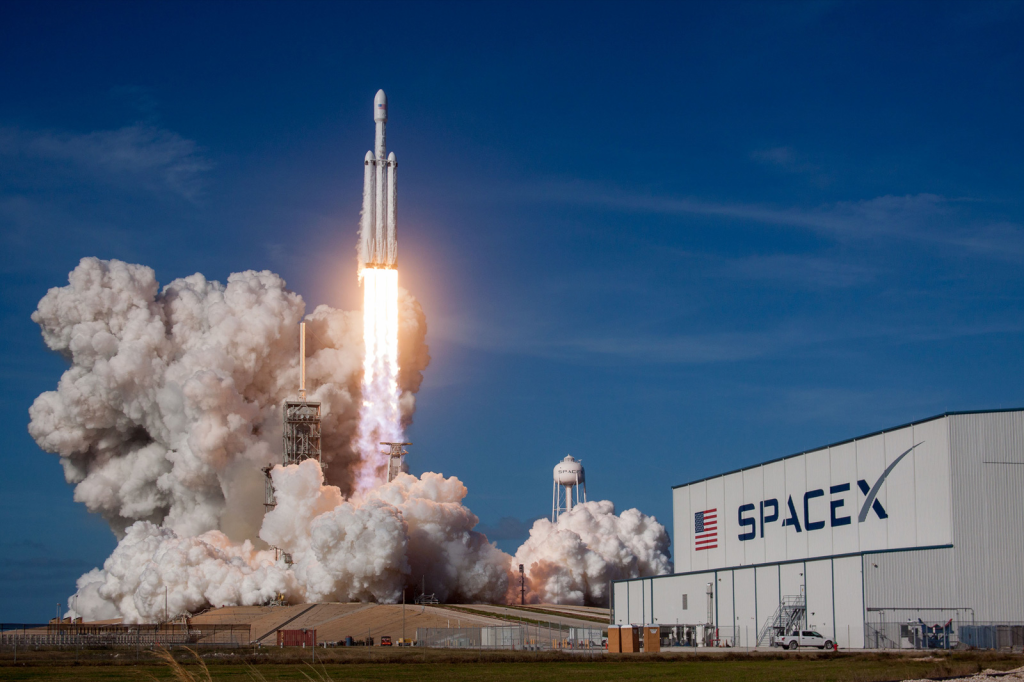The European Space Agency is in talks with SpaceX about the possibility of Elon Musk’s space venture joining an international charter designed to reduce a growing swarm of debris in space, Director General Josef Aschbacher told Reuters.
The 22-nation agency is spearheading one of several efforts to roll back the mass of space junk swirling round the planet from past missions that poses a risk to active satellites.
Aschbacher said 110 countries or entities have joined ESA’s Zero Debris charter, which aims to stop any new orbital garbage being generated by 2030.
Asked whether SpaceX, whose satellites now make up some two thirds of spacecraft active in low Earth orbit, had signed up, Aschbacher said: “Not yet, but we are in discussion with them… This is a charter that keeps evolving and… we will keep raising the topics because they are so fundamental.”
SpaceX did not immediately respond to a request for comment.
Of the roughly 10,300 active satellites in orbit, roughly 6,300 are part of SpaceX’s fast-growing Starlink constellation, according to the U.S. Space Force.
China has begun to launch constellations of its own to compete with Starlink, as has Amazon, which expects to launch over 3,000 satellites for its Kuiper constellation this decade.
Amazon has signed up to the charter, Aschbacher said.
There are currently 18,897 pieces of trackable space junk in orbit, according to Jonathan McDowell, a Harvard astronomer who tracks such objects.
Space debris and junk are often used interchangeably, but some consider space junk to include inactive payloads and rocket bodies as well as debris, or errant shards of broken satellites.
There are no international laws on debris, but countries and space agencies have begun in recent years to devise proposals and national rules for tackling the problem.
“We are not a regulatory body; we are a technical space agency,” Aschbacher said.
“But the fact that we have put the charter around the table, which was elaborated with all the other partners, and that they signed up to it is very encouraging.”
MISSILE TESTS
SpaceX is subject to orbital debris requirements from the U.S. Federal Communications Commission.
A Starlink satellite is required to deorbit – or burn up in Earth’s atmosphere – within five years of the end of its life.



